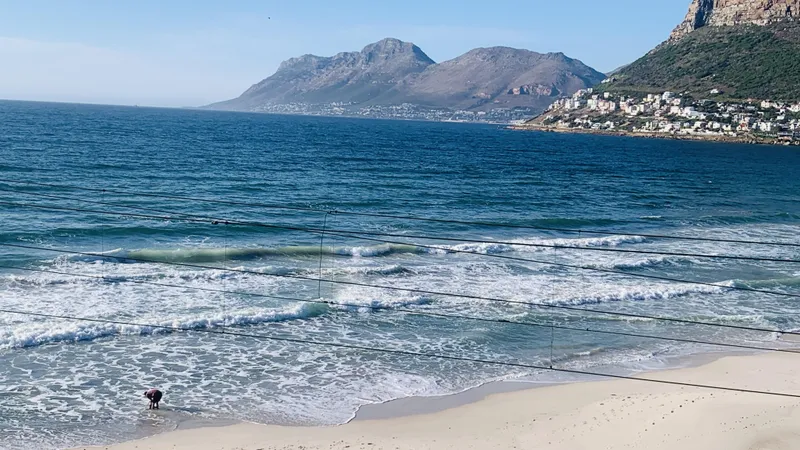Khayelitsha Valentine's Day boxing trials: amateur fighters' shot at pro career
Boxing SA is offering aspiring professional fighters a Valentine's Day opportunity at Grassroots Boxing Academy in Khayelitsha. The February 14 assessment session ...
Cape Town softball teams shine at the Gordon Monk Tournament
When the Cape Town Softball Association sent two teams to Gauteng's prestigious Gordon Monk Tournament, many players experienced more than just high-level competition ...
Enhancing patient care: False Bay Hospital's 18-month renovation project
Discover how False Bay Hospital's upcoming 18-month renovation will transform patient care and safety, featuring key upgrades like a redesigned Emergency Care Unit ...
Support Yuri Ray: A former police officer's battle against ALS and FTD
Yuri Ray, a former police officer from Capri Village, faces a daunting battle against ALS and frontotemporal dementia. His family seeks public support to help cover ...
Youthful Hout Bay United FC pass first Bayhill test
Hout Bay United FC's disciplined performance earned them a narrow 1-0 victory against Ikappa Sporting in the Bayhill Premier Cup play-offs, with coach Nathan Paulse ...
Seaside Spurs keep Premier Cup dream alive
Seaside Spurs secure their place in the next stage of the Bayhill Premier Cup play-offs with a narrow win against Wynberg St Johns
Join the Heart and Stroke Foundation SA in spreading love this Valentine's month
February, the month of love, is the perfect opportunity to make a difference in heart health. Join the Heart and Stroke Foundation SA's fundraising efforts this ...
